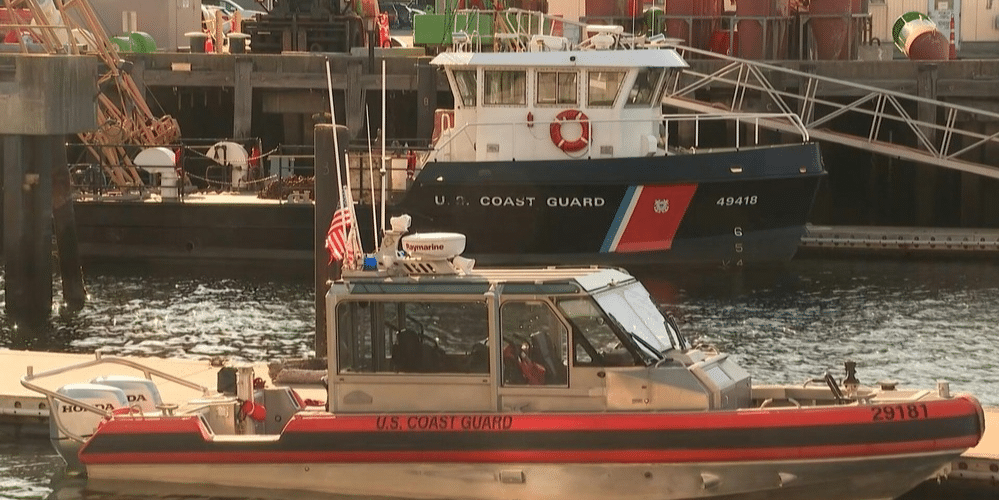WASHINGTON, UNITED STATES — The US Coast Guard said Sunday it had launched an investigation into the cause of the underwater implosion that destroyed the small submersible Titan, with the loss of all five people aboard during a dive to the Titanic wreck.
The Coast Guard said it had created a marine board of investigation (MBI), its highest level of probe, for this drama and ultimately tragedy in the North Atlantic that drew worldwide attention.
“My primary goal is to prevent a similar occurrence by making the necessary recommendations to enhance the safety of the maritime domain worldwide,” Jason Neubauer, the Coast Guard’s chief investigator and leader of this probe, told a press conference in Boston.
“The MBI is already in its initial evidence-collection phase, including debris salvage operations at the incident site,” he added.
Neubauer said the US probe could also make recommendations on the possible pursuit of civil or criminal sanctions “as necessary.”
Titan was reported missing last Sunday and the Coast Guard said Thursday that all five people aboard the submersible had died after the vessel suffered a catastrophic implosion.
A debris field was found on the seafloor, 1,600 feet (500 meters) from the bow of the Titanic, which sits more than two miles (nearly four kilometres) below the ocean’s surface and 400 miles off the coast of Newfoundland, Canada.
Canada, which helped in the search for the submersible, said Saturday it was carrying out its own probe.
The Canadian-flagged Polar Prince cargo vessel towed the Titan out to sea last weekend but lost contact with it about an hour and 45 minutes after the submersible launched into the ocean depths.
The announcement of the implosion ended a multinational search-and-rescue operation that captured the world’s attention since the tourist craft went missing.
— AFP







